The Supreme Court voted 5-4 late on May 31 to temporarily block a Texas law that prevents social media platforms from censoring users based on their political views.
Known as HB 20, the state law makes it unlawful for tech platforms to restrict or remove content based on “the viewpoint of the user or another person” or “the viewpoint represented in the user’s expression.”
The statute also requires the platforms to establish procedures users can use to appeal a platform’s decision to “remove content posted by the user.” The law applies to platforms that have more than 50 million active monthly users in the United States.
Texas Gov. Greg Abbott, a Republican, signed the bill in September 2021.
The case is Netchoice v. Paxton, court file 21A720.
The applicants are two trade associations representing big tech—Netchoice and the Computer and Communications Industry Association (CCIA). The respondent is Ken Paxton, a Republican who is the attorney general of Texas.
Silicon Valley giants oppose the legislation, claiming it is unconstitutional.
After the new ruling CCIA president Matt Schruers praised the order.
“We are encouraged that this attack on First Amendment rights has been halted until a court can fully evaluate the repercussions of Texas’s ill-conceived statute,” he said in a statement.
“This ruling means that private American companies will have an opportunity to be heard in court before they are forced to disseminate vile, abusive or extremist content under this Texas law.
“We appreciate the Supreme Court ensuring First Amendment protections, including the right not to be compelled to speak, will be upheld during the legal challenge to Texas’s social media law,” Schruers said.
“The Supreme Court noting the constitutional risks of this law is important not just for online companies and free speech, but for a key principle for democratic countries. No online platform, website, or newspaper should be directed by government officials to carry certain speech. This has been a key tenet of our democracy for more than 200 years and the Supreme Court has upheld that.”
The emergency application was filed with the high court on May 13. The opinion was released at the end of the business day on May 31.
The decision cut across the court’s ideological lines.
Liberal justices Sonia Sotomayor and Stephen Breyer joined with conservatives John Roberts, Brett Kavanaugh, and Amy Coney Barrett to slap a hold on the law. The five justices did not explain why they voted to approve the order.
Conservative justices Samuel Alito, Clarence Thomas, Neil Gorsuch, and liberal Elena Kagan voted against granting the order. Alito wrote a dissenting opinion (pdf) which Thomas and Gorsuch joined.
Netchoice and CCIA characterized HB 20 in the application (pdf) as an attack on Silicon Valley companies.
The statute “is an unprecedented assault on the editorial discretion of private websites [like Facebook.com, Instagram.com, Pinterest.com, Twitter.com, Vimeo.com, and YouTube.com] that would fundamentally transform their business models and services,” the document stated.
“HB20 prohibits covered social media platforms [many of which are members of Applicants NetChoice and CCIA] from engaging in any viewpoint-based editorial discretion.
“Thus, HB20 would compel platforms to disseminate all sorts of objectionable viewpoints—such as Russia’s propaganda claiming that its invasion of Ukraine is justified, ISIS propaganda claiming that extremism is warranted, neo-Nazi or KKK screeds denying or supporting the Holocaust, and encouraging children to engage in risky or unhealthy behavior like eating disorders.
“HB20 also imposes related burdensome operational and disclosure requirements designed to chill the millions of expressive editorial choices that platforms make each day.”
Alito rejected the social media platforms’ arguments in his dissent, saying whether the companies’ will ultimately win their case “under existing law is quite unclear.”
“It is not at all obvious how our existing precedents, which predate the age of the internet, should apply to large social media companies,” the justice wrote.
“This application concerns issues of great importance that will plainly merit this Court’s review. Social media platforms have transformed the way people communicate with each other and obtain news,” Alito wrote, referencing a Pew Research Center report from a year ago that stated that more eight out of 10 Americans obtain news from digital devices.
Describing HB 20 as “a ground-breaking Texas law,” Alito wrote that it “addresses the power of dominant social media corporations to shape public discussion of the important issues of the day.”
A federal district judge previously enjoined Texas from enforcing the law but a panel of the U.S. Court of Appeals for the 5th Circuit reversed that order on May 11, as The Epoch Times reported.
Attorneys representing Texas told the 5th Circuit that social media platforms “control the modern-day public square, but they abusively suppress speech in that square.”
A federal judge blocked a similar Florida law, finding it unconstitutional.

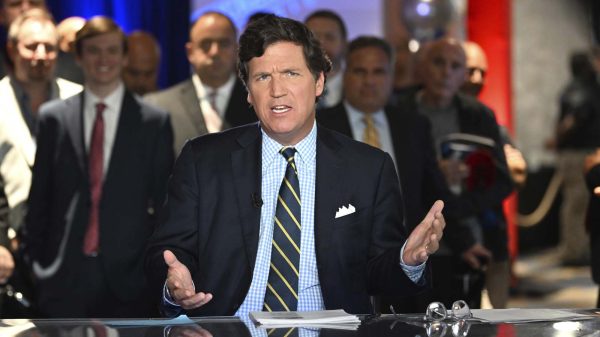
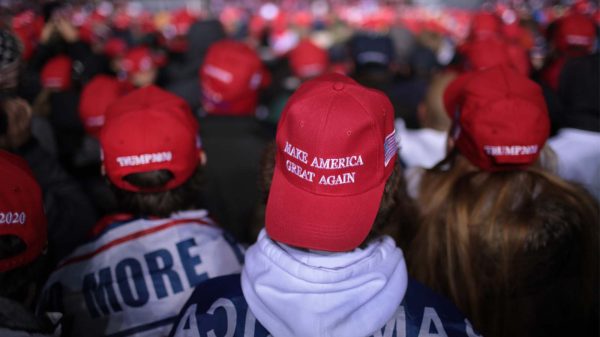
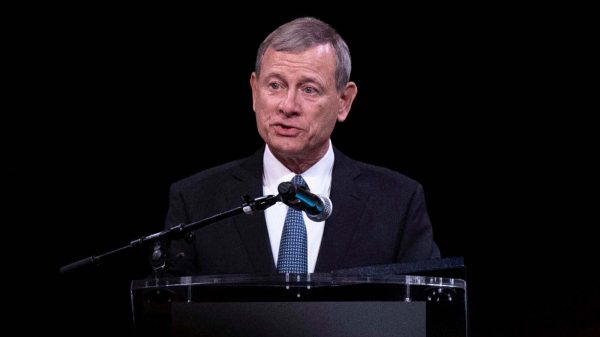
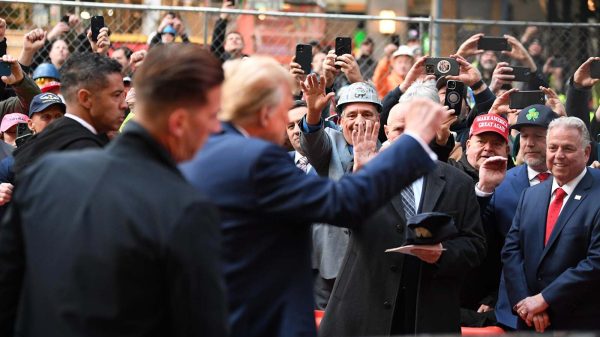
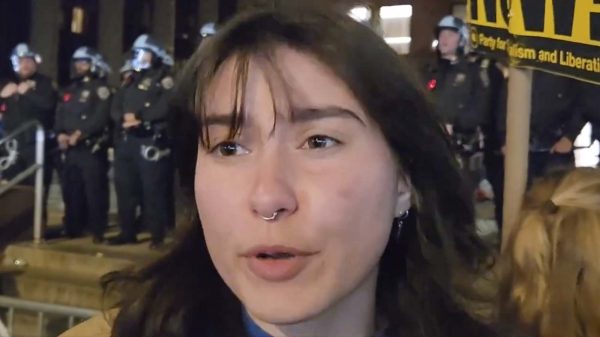
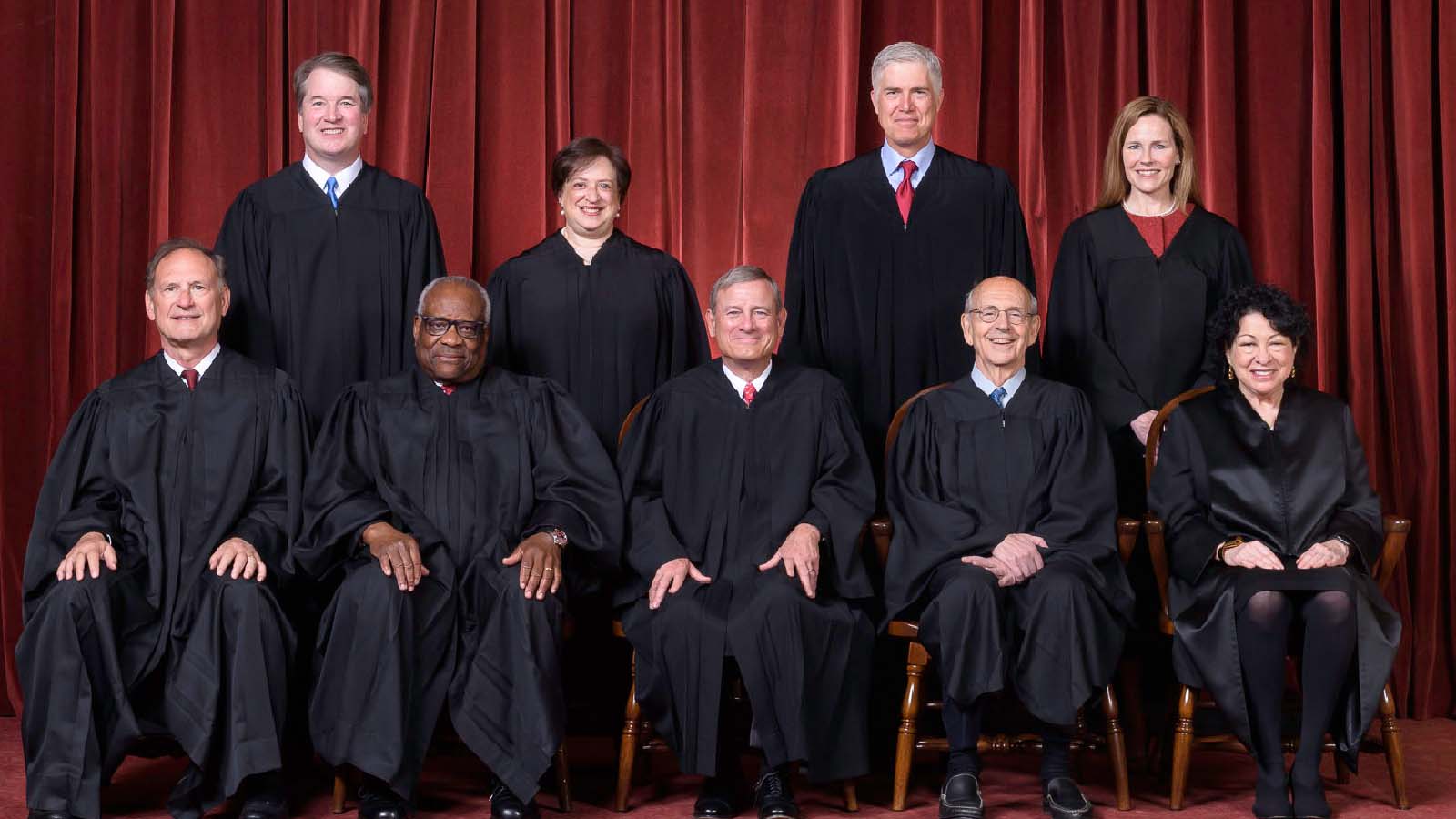
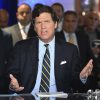




Who cares and who believes it ,all the communist pigs on our Supreme Court are nothing but Antichrist New World Order scum, they’re like our corrupted socialist Antichrist New World Order government, they have betrayed the American people cannot be trusted ever again with their fake stolen elections , they need to be removed from this country, they do not represent the people anymore, they are demonic pigs spreading their filth lies greed & anti-constitutional, Antichrist, elitism for total control of ignorant people who can’t see what they’re doing to us in our country
I firmly believe in private enterprise running their business with minimal interference from government. We also have freedom of speech enshrined in our Constitution, and that primarily targets the government. Government cannot restrict people’s speech particularly political speech. The problem I see here is that private enterprise (big tech) is basically the propaganda wing of one political party, and since big tech has a virtual monopoly on speech, we essentially have speech being restricted by the government.
Big tech, as far as I know, isn’t being directed by the government to restrict free speech, but they are voluntarily restricting free speech in direct correlation to the beliefs of one political party. Of course, few of us would be surprised if it was learned some agency in the federal government was directing the censorship.
I think I sorted out the negatives. It’s not a double negative, it’s six negatives. First, Twitter censored Trump, among others. So Trump loses. Then there was HB 20, forbidding that censorship. Trump wins. Then there was an injunction, stopping HB 20. Trump loses. Then there was a stay of the injunction, temporarily stopping the injunction. Trump wins. Then there was an application to vacate the stay. That means undo the stay. Trump loses. The Court agreed to vacate, but 4 Justices including Alito dissented. So if Alito had prevailed, Trump would have won. But he didn’t. So Trump lost. Got it?